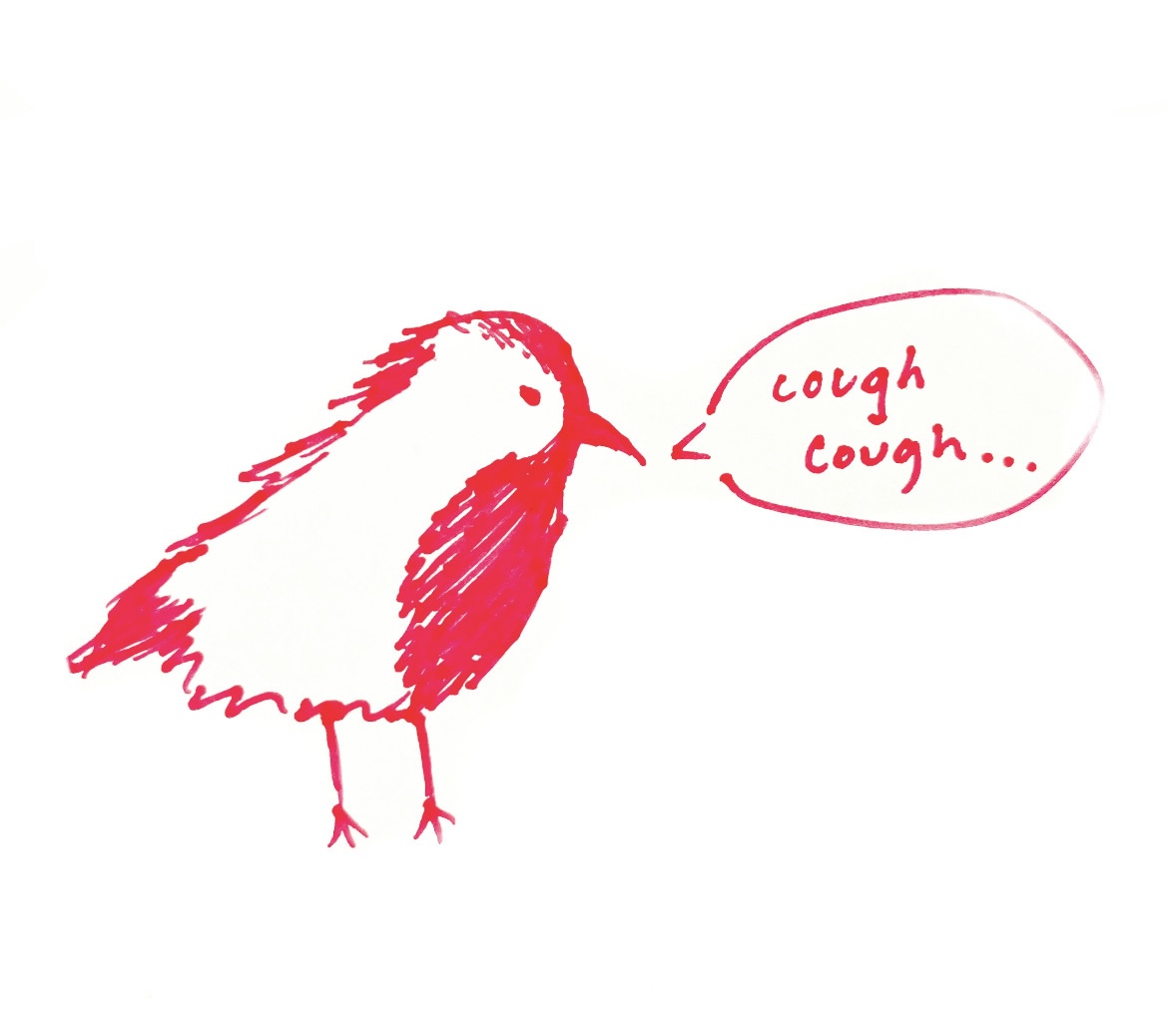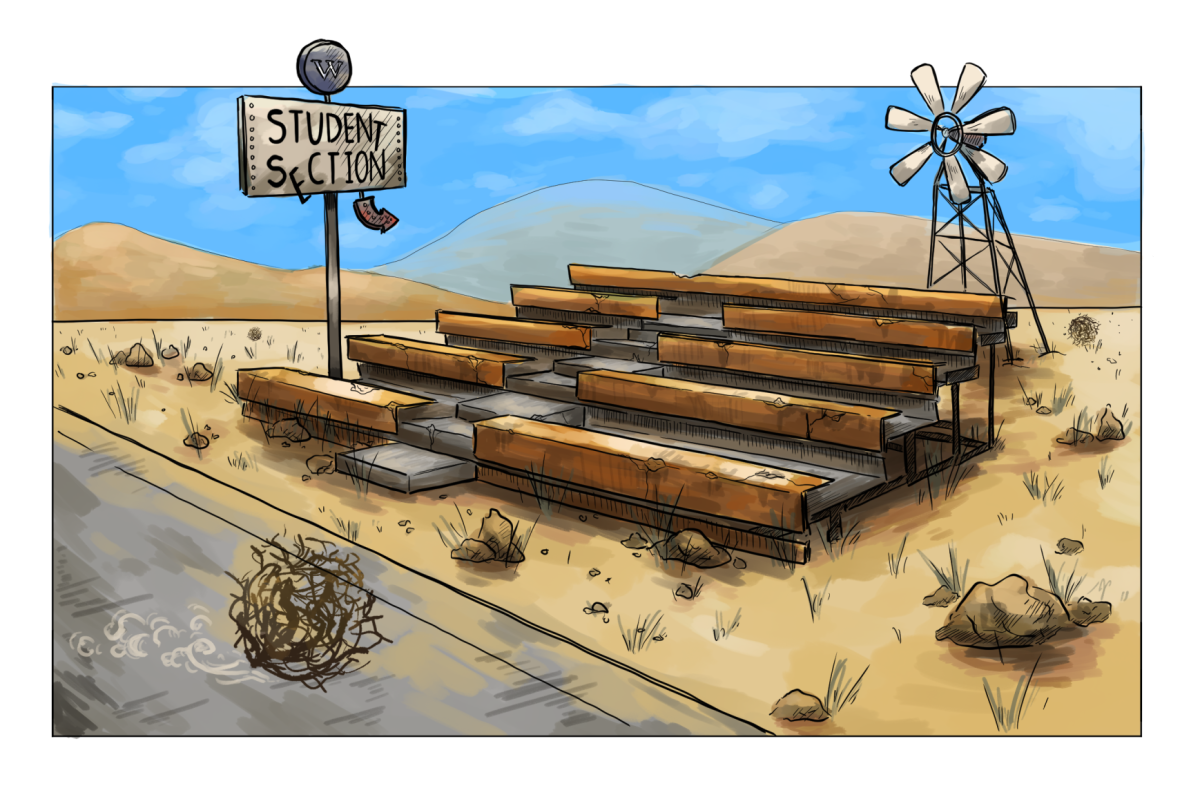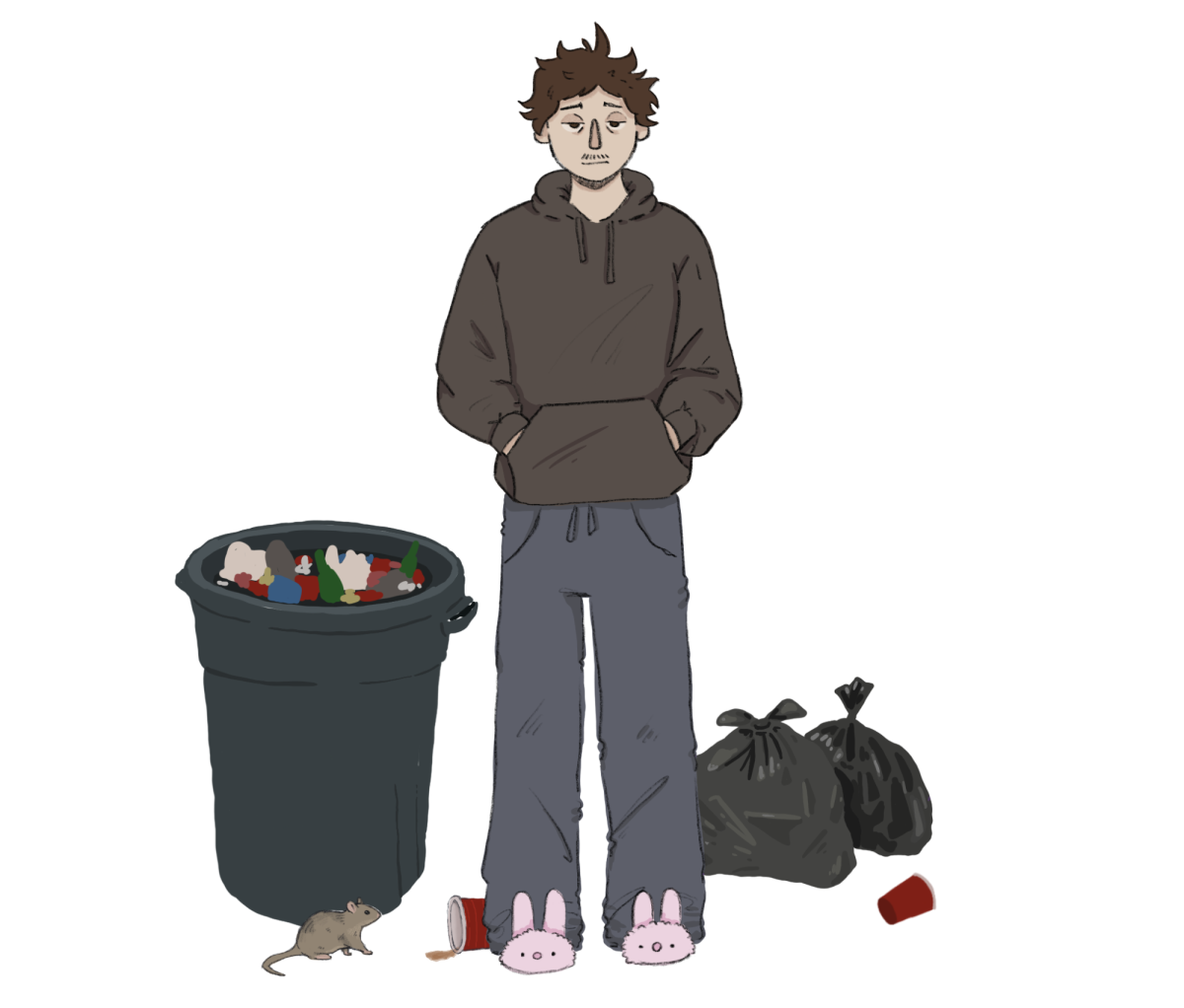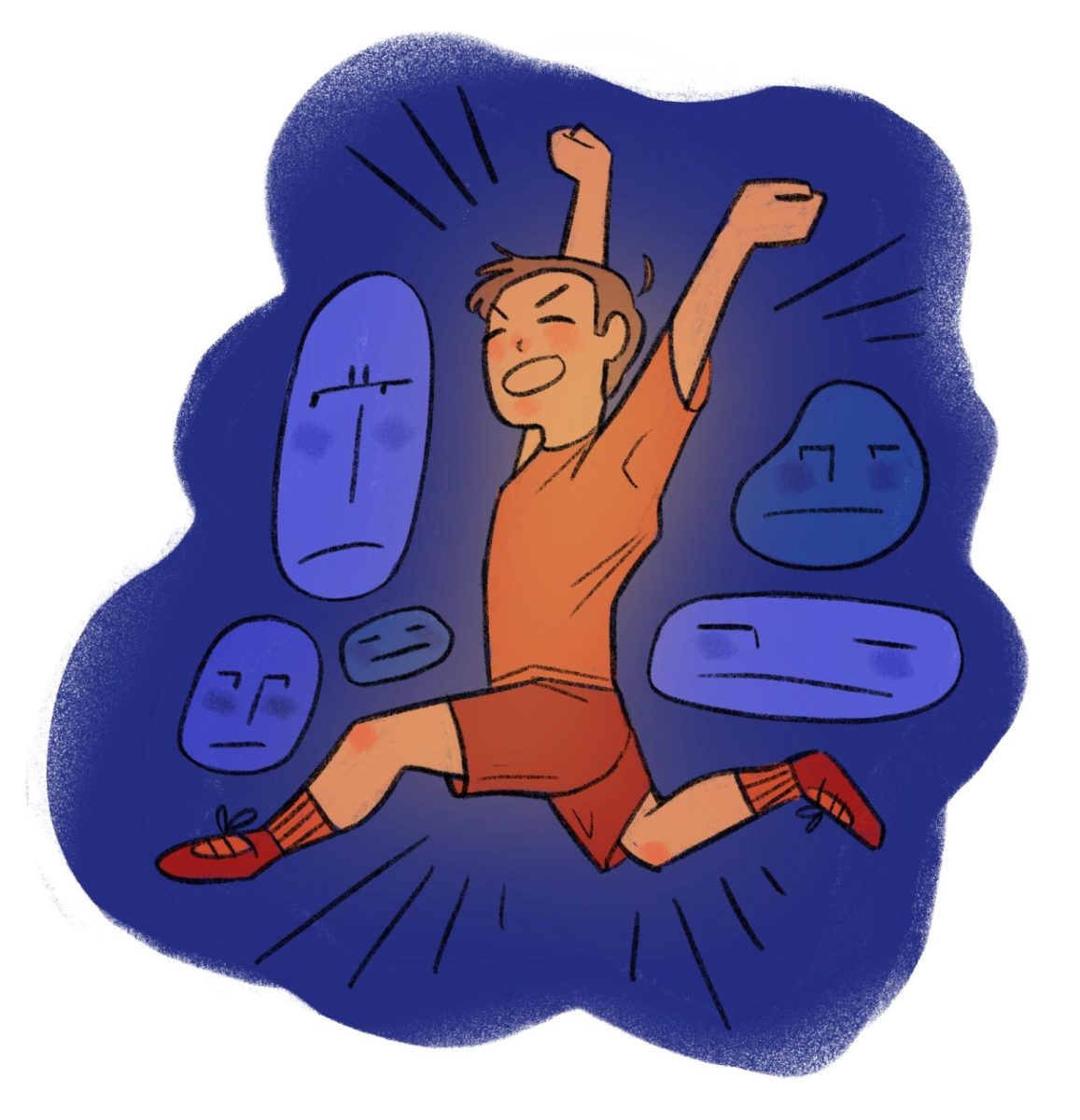Inspired by the It Gets Better Project and its success in empowering the LGBTQ community, redheads worldwide have taken the charge of making the world a better place for gingers. This has been heartening for many gingers at Whitman College, such as senior Derek Thurber, who explains, “It’s hard to connect with people while having red hair and freckles. People make fun of me, and I really just need to shrug it off.”
The It Gets Redder Project has many students advocating for ginger rights here at Whitman.
Thurber notes, “It’s no longer [politically correct] to make fun of ethnic minorities like black people or Hispanics, but making fun of redheads has not been recognized as a legitimate issue.”
“There was one time when an old woman walked up to me and called me a ‘soulless firecrotch’. She then asked, ‘Don’t you burn the crotches of all the people you sleep with?'” recalled redheaded sophomore Brett Clark. “It was perhaps the most hurtful thing anyone has ever said to me.”
Tired of hearing such stories of emotional trauma experienced by redheads everywhere, a close-knit group of friends in Scotland started up the It Gets Redder Project. The project hopes that by having adult gingers speak out to younger gingers (or “baby carrots” as luck might have it), awareness might spread and they might perhaps prevent encounters such as the type Clark experienced from occurring in the future. The It Gets Redder Project envisions a world where firecrotches won’t burn bridges, but rather blaze paths.
The project web site is headed with this concise mission statement: “Many ginger youth can’t picture what their lives might be like as openly redheaded adults. They can’t imagine a future for themselves. So, let’s show them what our lives are like; let’s show them what the future may hold in store for them.”
In Clark’s video, entitled “Firecrotches Don’t Burn”, he explains, “I don’t even ask that people recognize that I have a soul. I just want them to acknowledge that I sporadically have emotions, and that, sometimes when people call me names, it hurts a little.”
It is important to note that the community of gingers that have gathered around the It Gets Redder project don’t include daywalkers (redheads without freckles) as having to deal with the same struggle that gingers do. The freckles matter.
Thurber hopes, though, that the project will help gingers gain equality in their day-to-day life.
“I see a day coming when the little redheaded children and little regular children will all hold hands and play games and be happy. I see a day coming when carrot top jokes will be a thing of the past. I see a day coming when boys and girls with red heads and freckled faces will become adults without being regarded as having dubious, if not [any], souls. I see a day coming, and boy, that day is bright. When that day comes, I’m gonna need some sunscreen.”
Despite the growing support It Gets Redder has received around campus, the project still faces some opposition. The blonde community has been rallying to point out that they have put up with discrimination for ages as a result of their hair color.
Blonde sophomore Elz Hambleton has chosen to speak up on this matter. She has said that in terms of quantity of insults, she feels just as discriminated against as her ginger counterparts. She notes, however, that “people don’t go around saying I have no soul. Usually.”
Exacerbating the tense situation further, there exists the small community of blonde men who grow red beards.
One such man, sophomore Rick “Lambchop” Lamb finds it difficult to remain positive about his facial hair.
“My beard has been called ‘gross’ and has been the subject of a number of ribs. My housemate, [sophomore] Lesli Meekins, told me that my scruff would look good if it were dark, but it isn’t, and it doesn’t. Am I more likely to shave because of it? I feel like I should wear my facial hair with pride, but I probably do shave more.”
Pressed with questions about this population of blonde-headed-red-bearded men, the It Gets Redder Project has yet to return the Backpage’s e-mails.




